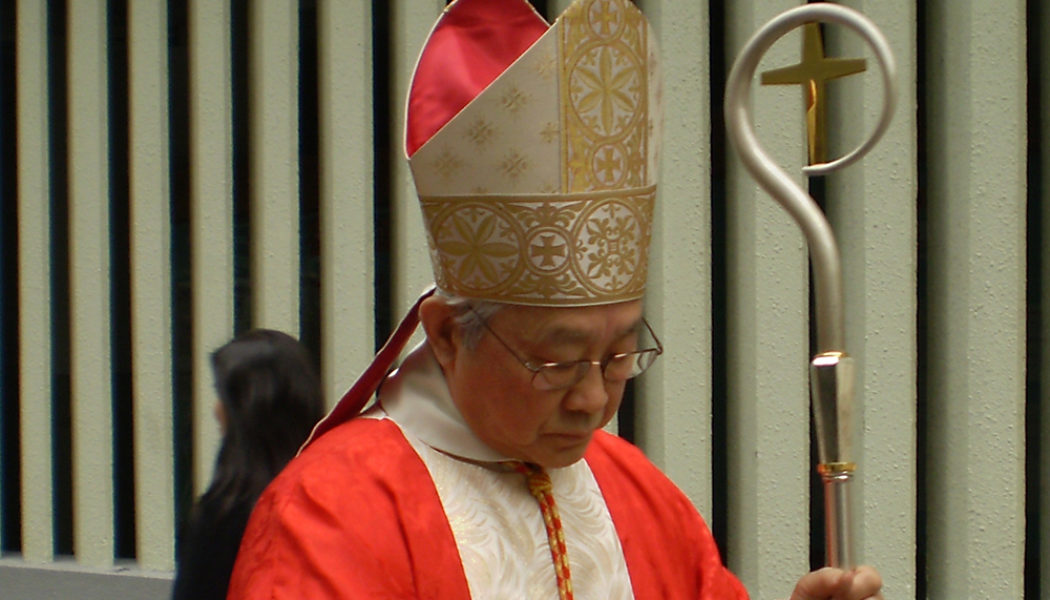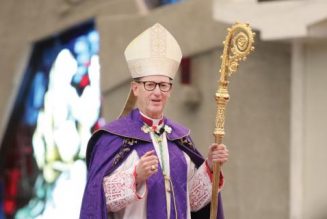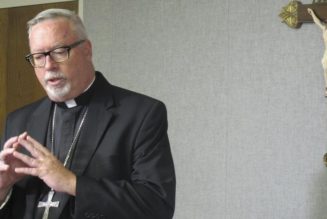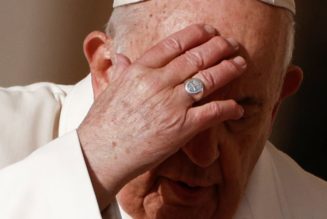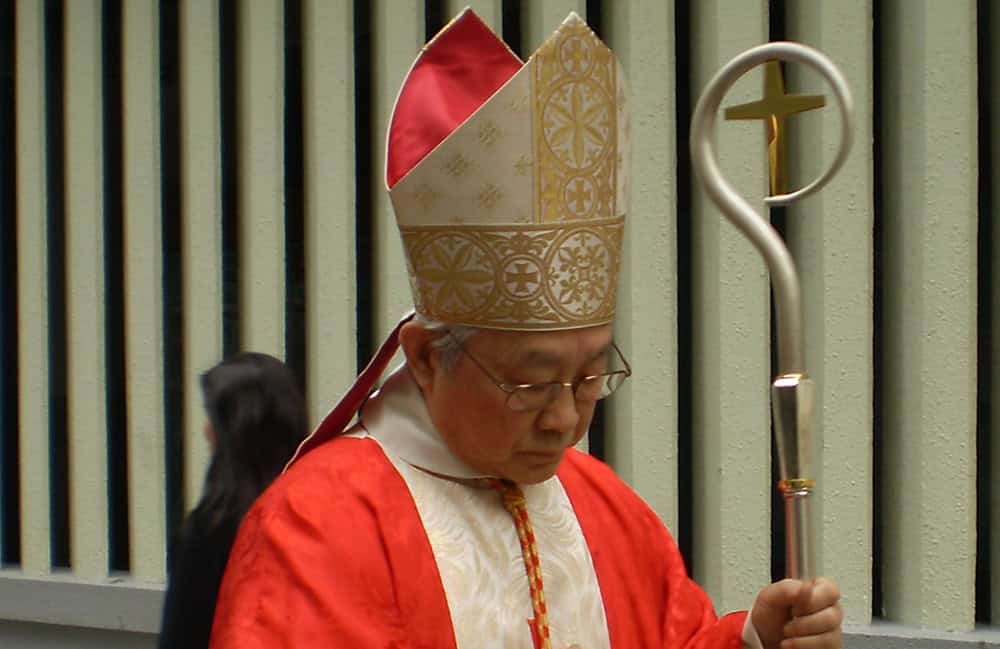
If the Church is to continue to be Christ’s presence in the world, then part of that mission includes continuing his sacrifice. I recently wrote about the sacrificial witness of the priest in the face of modern oppression, giving examples such as Cardinal Nguyễn Văn Thuận and Servant of God Walter Ciszek. The reality, however, is that this witness continues right now throughout the world. Priests, religious and members of the lay faithful are regularly kidnapped and martyred by Islamic terrorists in Nigeria. The Church faces persecution even in traditionally Catholic countries such as Nicaragua and Venezuela, where leaders are silenced for speaking out against injustice. The Church remains one of the strongest witnesses for human dignity in the face of continued Communist oppression and the dictatorship of relativism that descended upon Western society.
There is another form of persecution that Christians must face, however, that can be even harder to accept. Pope Benedict XVI reminded us that “the greatest persecution of the Church comes not from her enemies without, but arises from sin within the Church” (Interview, May 11, 2010). It is something that we have probably experienced in some way, with our faith challenged by many counter-witnesses to the Gospel in the Church. We can feel that the Church lets us down when clergy, teachers and even the laity not only do not stand for the truth but may even raise obstacles to following it. There is always betrayal in the Church and following Christ faithfully will lead to persecution even there.
Cardinal Joseph Zen, the Archbishop Emeritus of Hong Kong, was recently arrested for allegedly failing to register a charity designed to help dissidents with the police and also of colluding with foreign forces. While the Cardinal reacted to his arrest with the comment, “martyrdom is normal in our Church,” the Vatican’s Secretary of State, Cardinal Parolin, responded by expressing not only concern but also hope that the arrest would not disrupt its dialogue with China. The martyr or the diplomat — who has the Church’s best interest in mind? Following his arrest, I picked up Cardinal Zen’s reflections For the Love of My People I Will Not Remain Silent: On the Situation of the Church in China (Ignatius, 2019). I expected to the book to be representative of Zen’s harsh criticism of human rights abuses in China, which it was, but it spent even more time criticizing the Vatican for undermining the underground Catholic Church in China, which has clandestinely preserved its independence, leaving in the grips of the Chinese Communist Party.
We expect Communists to attack the Church. That is what they do. Communism is an evil and anti-human ideology that sees religion as an opiate of the people which inhibits progress and that must be eradicated. What we do not expect is for the Church to bow to the pressure of this ideology, sacrificing her own faithful in a political game. Zen’s book reflects on the prophetic 2007 letter of Pope Benedict XVI that called for unity between the underground Church and the Chinese Patriotic Catholic Association, though never by compromising in essentials to government control. Catholics in China experience the confusion of two parallel churches, one illegal and the other controlled by the Chinese Communist Party, the latter staffed by bishops often ordained without Vatican approval. The Vatican began legitimizing some illicitly ordained bishops, adding to the general confusion by making it difficult to perceive the line of where schism starts and stops. Although the desire for unity is good, Cardinal Zen has pointed out the process of integrating the two communities has occurred at the expense of the underground Church.
The underground Church, which has had to suffer much persecution throughout the decades, now finds itself being told by the Vatican to follow bishops who are pawns of the Communist Party. Zen describes this dreadful situation: “Over the years, the Holy See encouraged compromise rather than supporting the brave. Someone has called this compassion. What compassion? Encouraging people to accept slavery instead of getting rid of it?” (146). You can see why the Communists hate Zen and how he can be a thorn even in the side of the Vatican, describing the deal it has made with China as a “sell out of our Church!” (149). The faithful in China experience a double persecution, threats and imprisonment from the Communists and a lack of support from Rome, which pushes them into the hands of their enemies. Zen quotes a saying, “For many years our enemies have failed to make us die. Now we have to die at the hands of our Father. All right, let’s go and die” (141).
The Catholic Church in Hong Kong has, until recently, been free and is now reeling under the thumb of Beijing. As a further sign of this, it has just canceled its annual memorial Mass for the victims of the Tiananmen Square Massacre. Cardinal Zen was the voice for voiceless Catholics on Chinese mainland, speaking from his once safe perch on the island of Hong Kong. The Chinese Communist Party will not tolerate the sound of his prophetic voice. He has been called to follow in the footsteps of Christ: “We must not be discouraged even if everything at present seems to be a failure because suffering for the Lord is always a victory” (29). Now he, too, has been found worthy to suffer for the Name.
Join Our Telegram Group : Salvation & Prosperity
